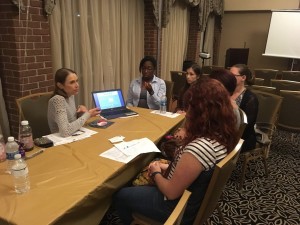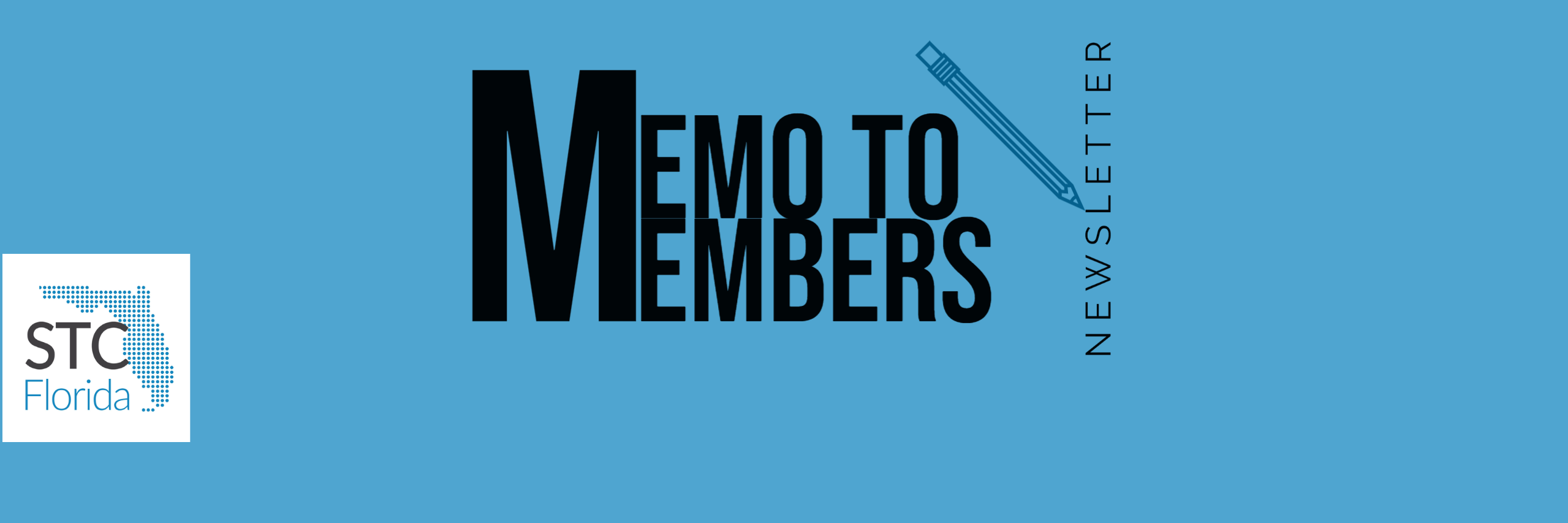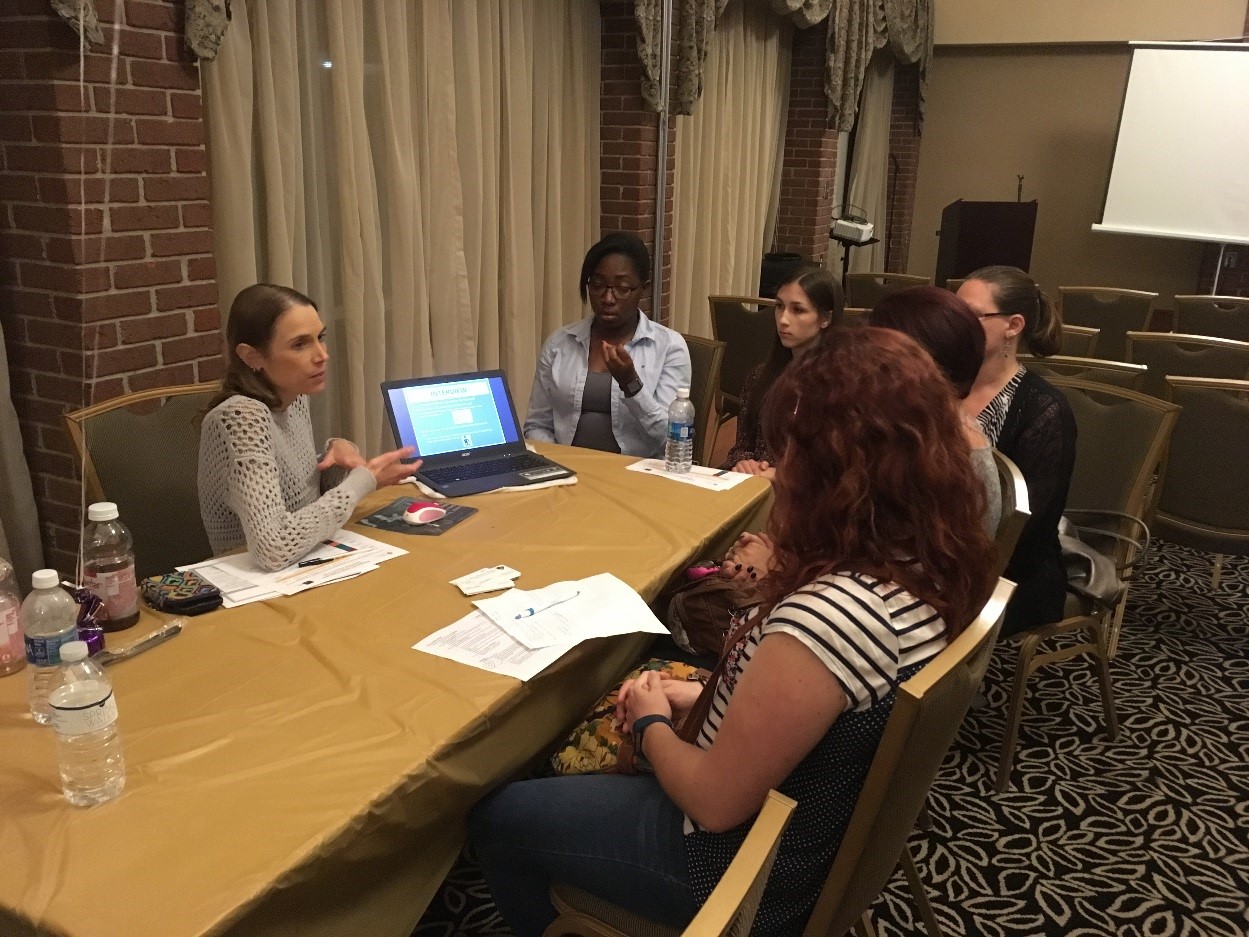Landing the Job: Tips for Success from Your Resume to the Interview
By: Emily Wells
MtM Staff Writer
Getting the Job: Resumes, Portfolios, and Interviewing was the focus of Jessica Campbell’s progression presentation. Jessica walked attendees through the steps, starting with resume-building tips, proceeding to portfolio building, and finishing with the all-important interview.
In discussing resumes, she covered everything from formatting—such as avoiding colors on your resume and using sans serif font—to content, such as making sure you use relevant keywords for the job in your resume and using coursework as relevant experience if you have no job experience.
After covering how to build an excellent resume, Jessica moved on to creating a powerhouse portfolio, either online or in print. The biggest advice she had for building a good portfolio was to remember to include a cover letter for your portfolio, whether online or in print, just as you would for a resume, and to make sure to list the writing samples included in the portfolio at the beginning. In addition, Jessica also recommended including letters of recommendation and a resume in both .doc and .pdf format in your portfolio. The objective is for the portfolio to serve as a one-stop shop where employers can learn about you.
Finally, Jessica covered how to ace the interview from before you walk in, starting by researching the position and the company. She also stressed the importance of dressing professionally and greeting the interviewer with a strong handshake. She then presented typical interview questions and explained how to answer them to your advantage.
Jessica advised giving questions thoughtful consideration and answering truthfully, even on difficult questions, while still turning them around to aid you. These included the tricky-to-field question “what is your salary requirement?”—one which Jessica advised beginning job hunters to parry by not providing a specific value, but saying it is negotiable.
Another question was the ever popular “what are your weaknesses?” Jessica’s advice? Identify your barriers or weaknesses, but then flip them around and sell them as strengths. In addition, be specific about how you will overcome these barriers, making you an even better employee.
A final piece of advice Jessica had to offer based on her experience was to go to every interview you can to practice your interview skills, as practice makes perfect—or, in this case, helps you land the job.


